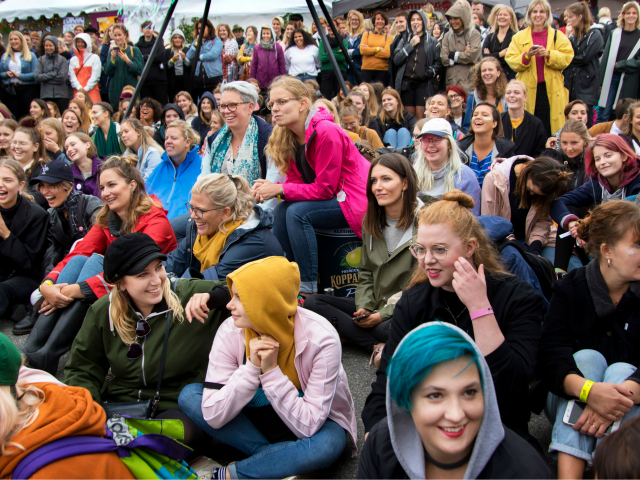Statistics released by the Swedish criminal statistics agency Brå reveal that 42 percent of women aged 20 to 24 feel insecure in their everyday lives, fearful they could be victims of various crimes.
The new statistics come as part of the agency’s National Security Survey (NTU) of 2018, which found that the women surveyed claimed to have changed their route or mode of transport due to fears of crime.
Maria Söderström, an investigator at Brå, commented on the results, saying: “The fact that many people’s lives are limited by the fact that they have to change their travel routes and methods is a serious consequence of the insecurity and anxiety about crimes that young women say they experience.”
The report comes after another report released by Brå last July which showed nearly half of the women living in “vulnerable areas,” often referred to as no-go zones, felt insecure in their own neighbourhoods after dark.
The survey also found the across the board more Swedes are becoming wary of what they post on social media due to the possibility of being harassed or threatened because of what they post.
Sweden has seen a surge in investigations and prosecutions over the last several years on those posting “hate” online following the work of “anti-hate” organisation Näthatsgranskaren (“Network Examiner”) which has reported hundreds of individuals to police since forming in 2017.
Last year, the group claimed to have reported around 800 cases of “hate posts” and most of the people they reported to police were older women, often over the age of 65.
The number of cases could rise once again following a new European Union infusion of cash into Sweden directed at helping individuals report “hate crimes” to police.
The EU is set to give the government 738,248 euros as part of a programme to help victims of such crimes, including showing alleged victims how to properly report the crimes to police.

COMMENTS
Please let us know if you're having issues with commenting.